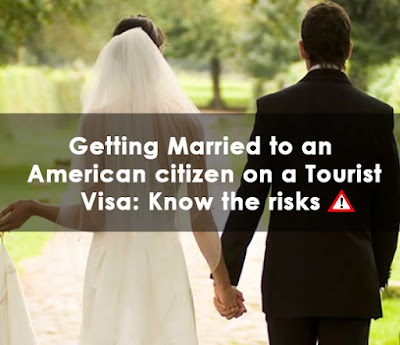The facts about getting a divorce in Guam.
So your marriage in the Philippines has broken down and is beyond the point of reconciliation. Not wanting to go through the complex and expensive annulment process to dissolve a marriage in the Philippines, you decide to look east towards the tiny United States Federal Territory of Guam for a divorce and you think that this should be easy.
But is it really that easy?
The simple fact that under current Guam law, an uncontested divorce may be granted if both parties are in agreement to the terms of the divorce and at least one spouse visits Guam for a minimum of 7 days prior to filing the petition. Spending at least 7 days on the island stay satisfies the residency requirement for an uncontested divorce.
So you may think you just take a week’s vacation, file some papers and poof you are divorced?
Well it is easy but not that easy, consider...
- There is no such thing on Guam as a "non-resident divorce". However, under current Guam law, an uncontested divorce may be granted if both parties are in agreement to the terms of the divorce and at least one spouse visits Guam for a minimum of 7 days prior to filing the petition. The 7-day stay satisfies the residency requirement for an uncontested divorce. If either spouse does not agree to any terms, including child custody or property settlement, the petitioner must file for a contested divorce and must meet a 90 day residency requirement as well as provide reasonable notification to the off-island spouse.
- Property and Custody Settlement. If both parties are in agreement, a property settlement and child custodial agreement(notarized) may be attached to the petition and become part of the divorce decree. If the parties have not come to agreement on division of property or custody of the children, but still desire an immediate divorce, a divorce may be granted leaving contested property, custody and child support issues for another court having jurisdiction over the children and or property.
- Off-Island Spouse. An individual who has satisfied the residency requirements discussed above who desires to divorce a spouse who is not living on Guam, must give the spouse timely notice in the form of a Petition for Divorce. The spouse may consent to the divorce or may contest the petition by either appearing in person or by retaining a Guam attorney to appear for him/her in court. Should the spouse not respond within 30 days of the petition, the court may grant the divorce in their absence. The best way is to give ample notice and get an affidavit stating the Off-Island Spouse is not contesting the divorce or Property or Custody Settlement.
Full Faith and Credit shall be given in each State to the public Acts, Records, and judicial Proceedings of every other State. And the Congress may by general Laws prescribe the Manner in which such Acts, Records and Proceedings shall be proved, and the Effect thereof.This means that a divorce validly entered into in one state or jurisdiction shall be recognized by all other jurisdictions.
As with most legal matters, this information is provided for information purposes only and should NOT be considered legal advice. Please consult a reputable attorney to address your particular situation.
Ryan Barshop
Article Disclaimer: This article is made available by the lawyer publisher for educational purposes only as well as to give you general information and a general understanding of the law, not to provide specific legal advice. Use of this article does not create an Attorney Client Relationship. This article does not offer or dispense legal advice. By using the article, the reader agrees that the information does not constitute legal or other professional advice and no attorney-client or other relationship is created. The article is not a substitute for obtaining legal advice from a qualified attorney licensed in your jurisdiction. The information on the article may be changed without notice and is not guaranteed to be complete, correct or up-to-date. The opinions expressed at or through the article are the opinions of the individual author. The article should not be used as a substitute for competent legal advice from a licensed professional attorney in your jurisdiction.









